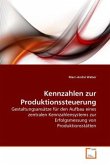
Broschiertes Buch
Gestaltungsansätze für den Aufbau eines zentralen Kennzahlensystems zur Erfolgsmessung von Produktionsstätten
2010
VDM Verlag Dr. Müller
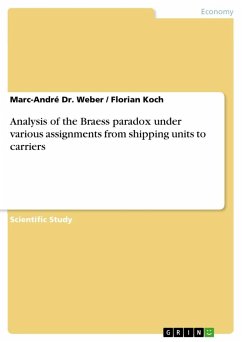
Broschiertes Buch
1. Auflage
7. Oktober 2014
GRIN Verlag
Ähnliche Artikel

Buch mit Leinen-Einband
Methods and Techniques
1. Auflage
20. März 2000
Wiley & Sons

Broschiertes Buch
Anwendungspotential, Problemstellungen und Lösungsalternativen bionischen Arbeitens
2010
VDM Verlag Dr. Müller
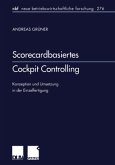
Broschiertes Buch
Konzeption und Umsetzung in der Einzelfertigung
2001
27. April 2001
Deutscher Universitätsverlag / Gabler
978-3-8244-9050-9
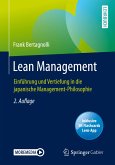
Broschiertes Buch
Einführung und Vertiefung in die japanische Management-Philosophie
2. Aufl.
1. November 2020
Springer Fachmedien Wiesbaden / Springer Gabler / Springer, Berlin
978-3-658-31239-8
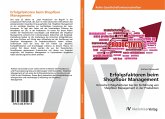
Broschiertes Buch
Kritische Erfolgsfaktoren bei der Einführung von Shopfloor Management in der Produktion
5. Juli 2017
AV Akademikerverlag
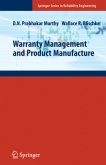
Gebundenes Buch
2006
8. September 2005
Springer / Springer London / Springer, Berlin
978-1-85233-933-3
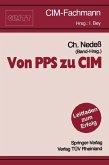
Broschiertes Buch
1991.
28. Juni 1991
Springer / Springer Berlin Heidelberg / Springer, Berlin
978-3-540-53237-8
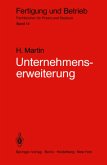
Broschiertes Buch
Planungspraxis von der Zielvorstellung bis zur Ausführungsreife
1982.
1. Dezember 1981
Springer, Berlin
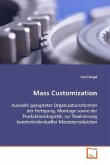
Broschiertes Buch
Auswahl geeigneter Organisationsformen der Fertigung, Montage sowie der Produktionslogistik, zur Realisierung kundenindividueller Massenproduktion
2008
VDM Verlag Dr. Müller / VDM Verlag Dr. Müller e.K.
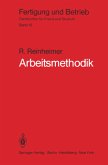
Broschiertes Buch
Von der Aufgabe bis zur Lösung
1982.
1. Juli 1982
Springer / Springer Berlin Heidelberg / Springer, Berlin
978-3-540-11292-1
Ähnlichkeitssuche: Fact®Finder von OMIKRON
